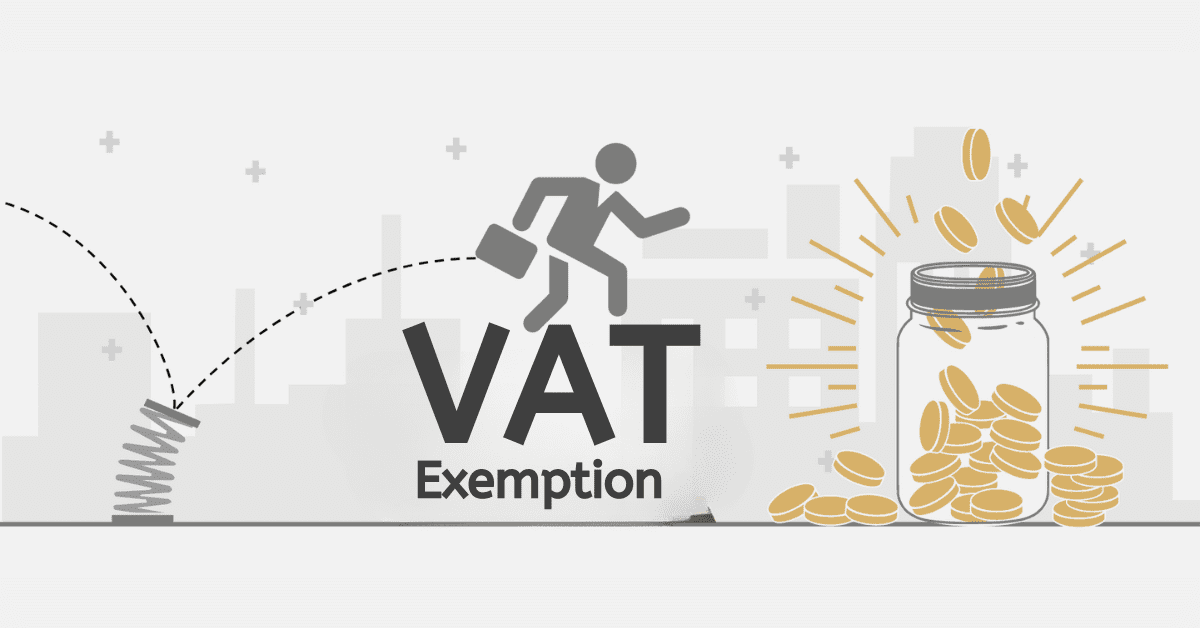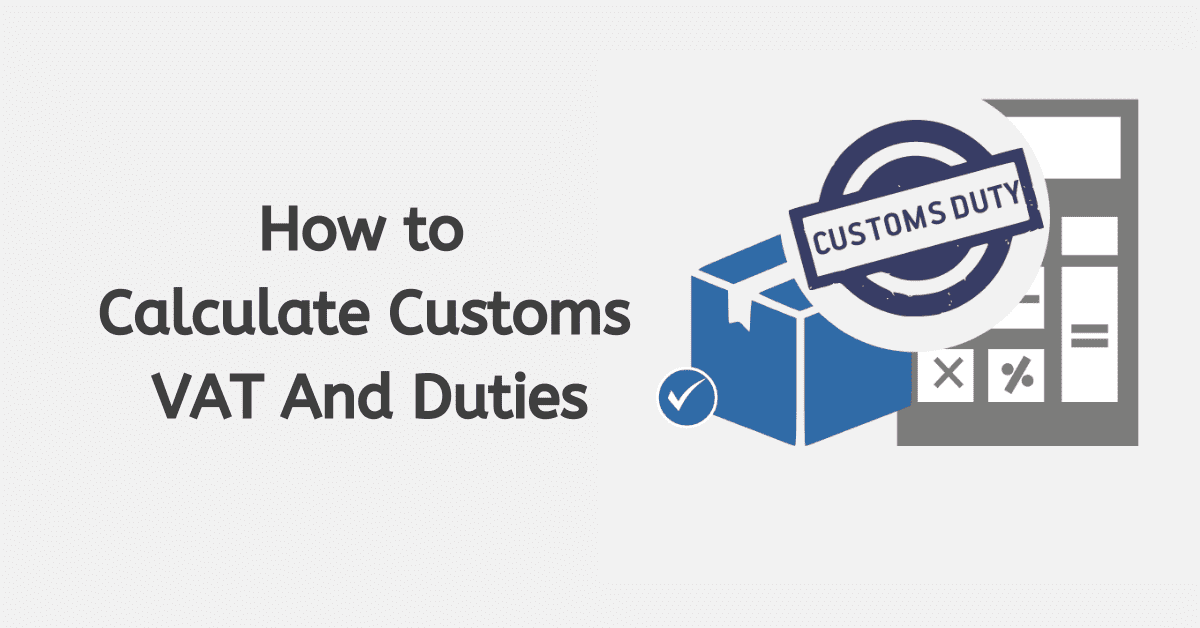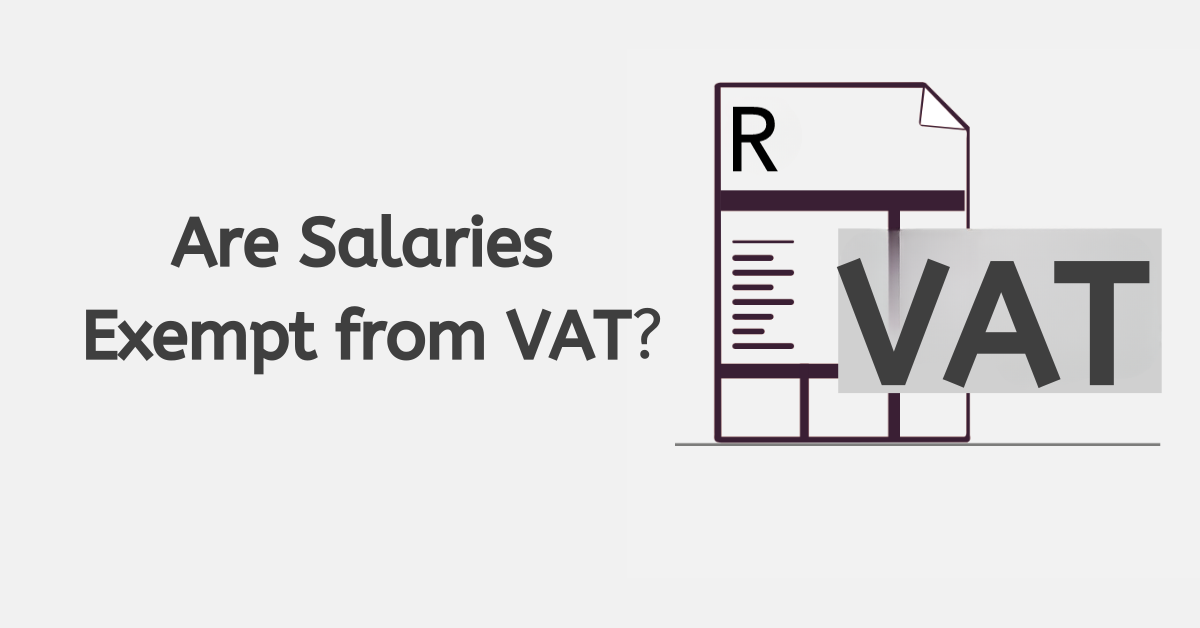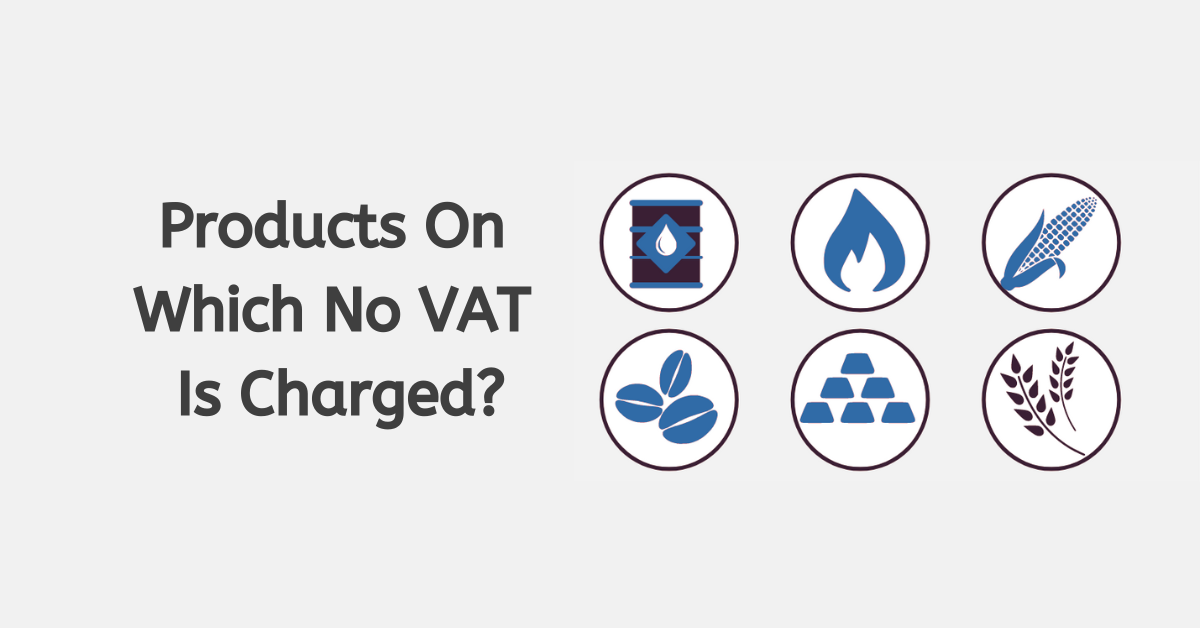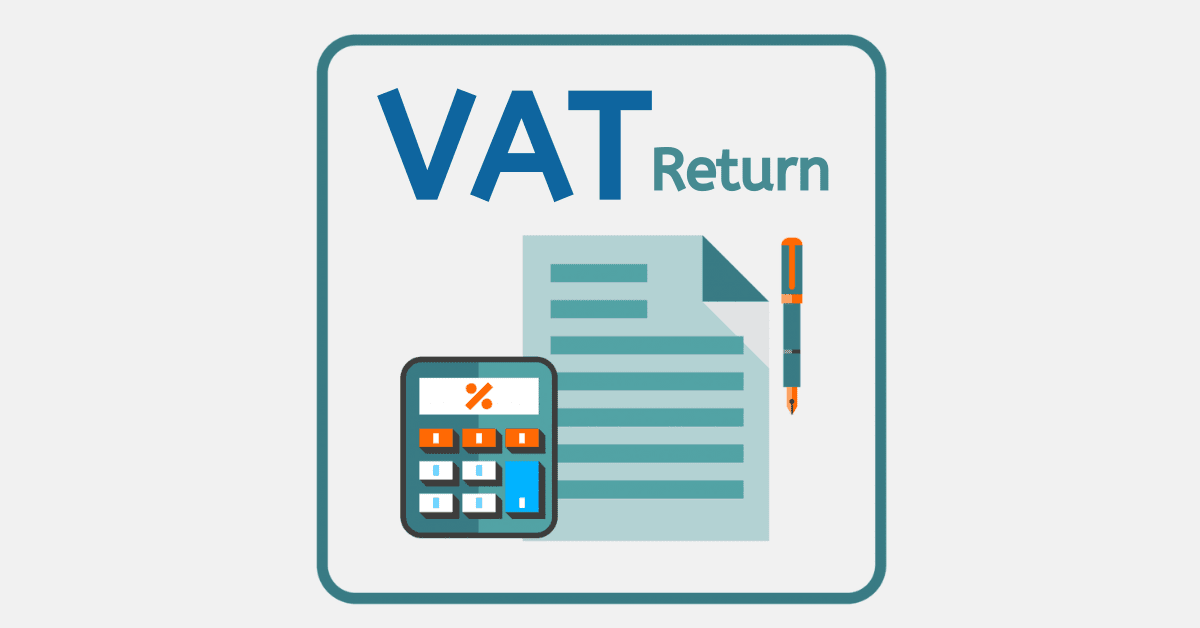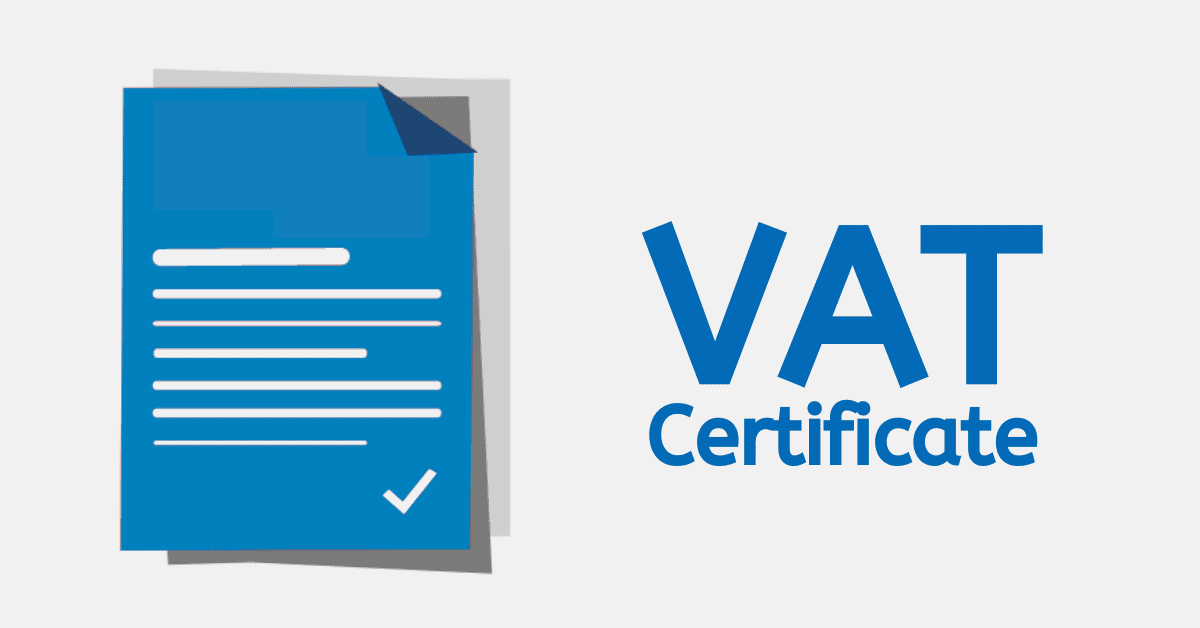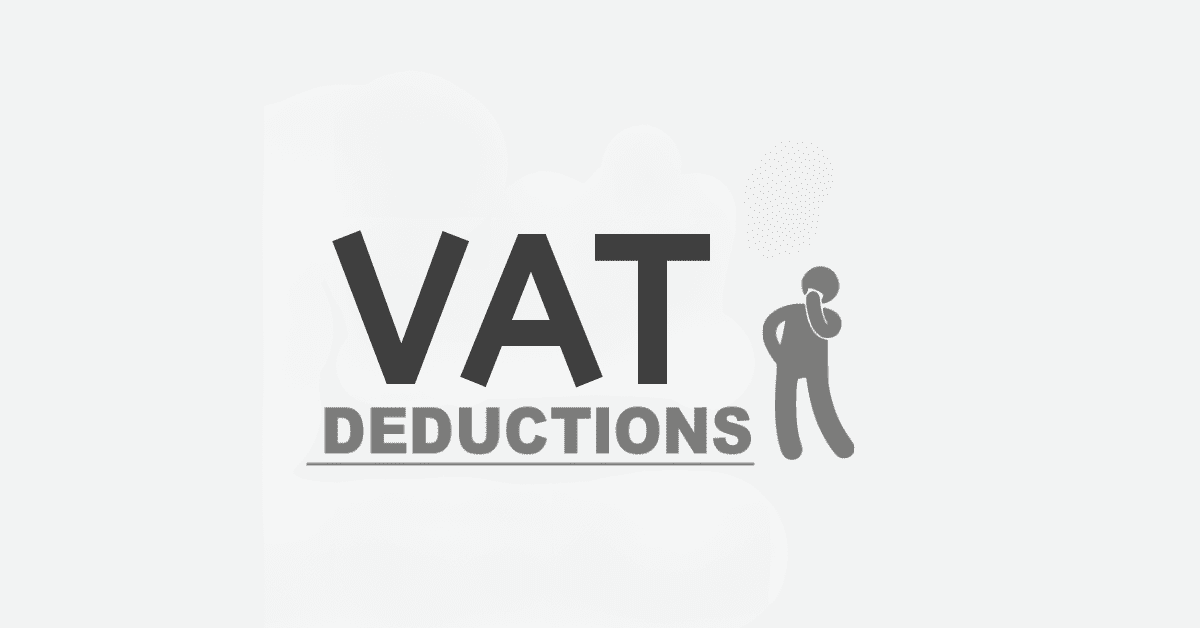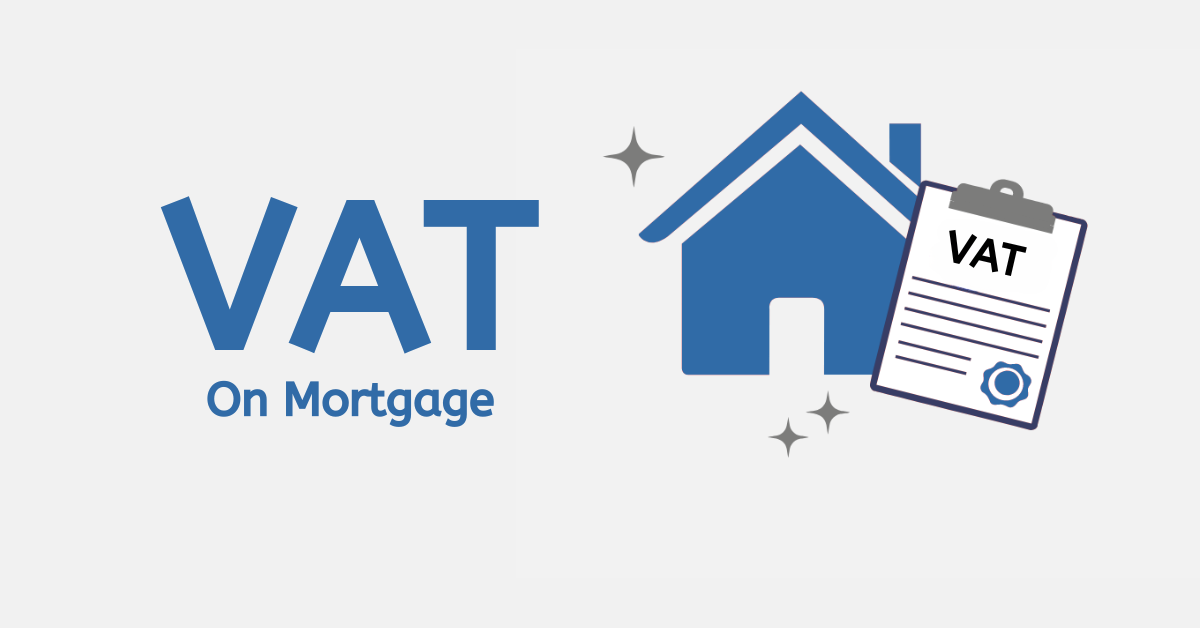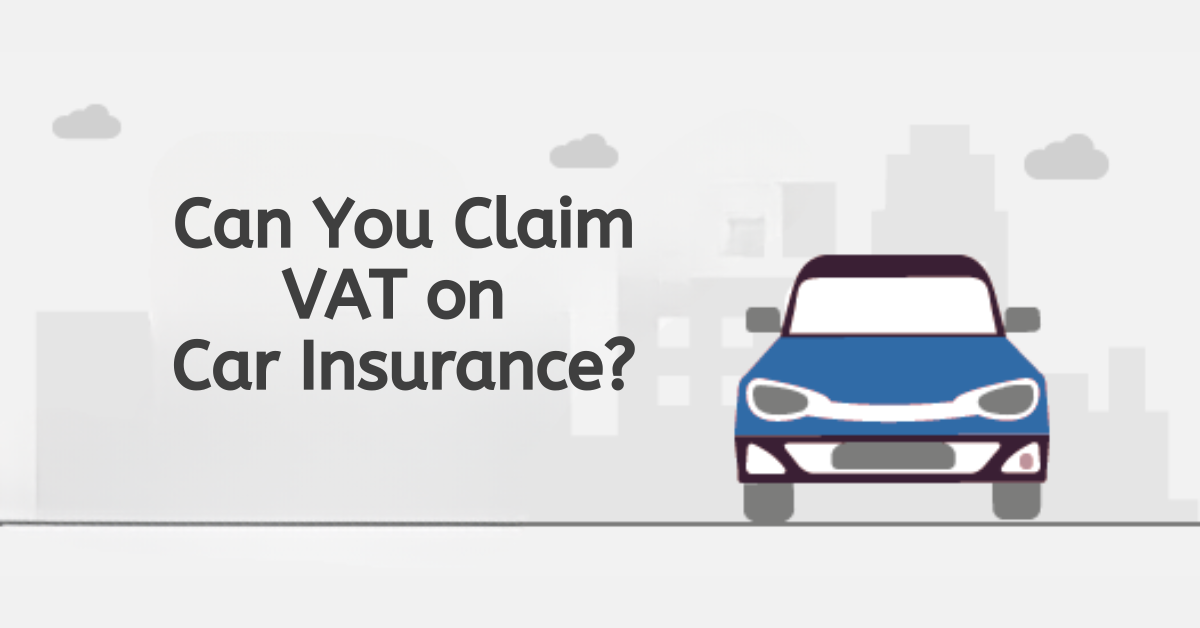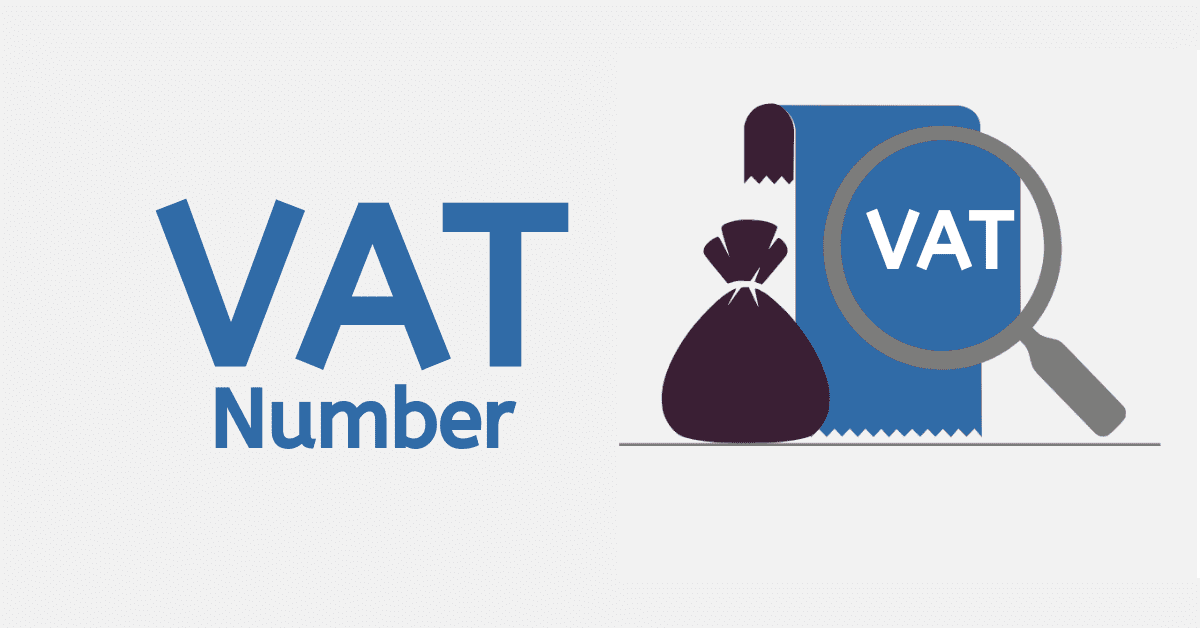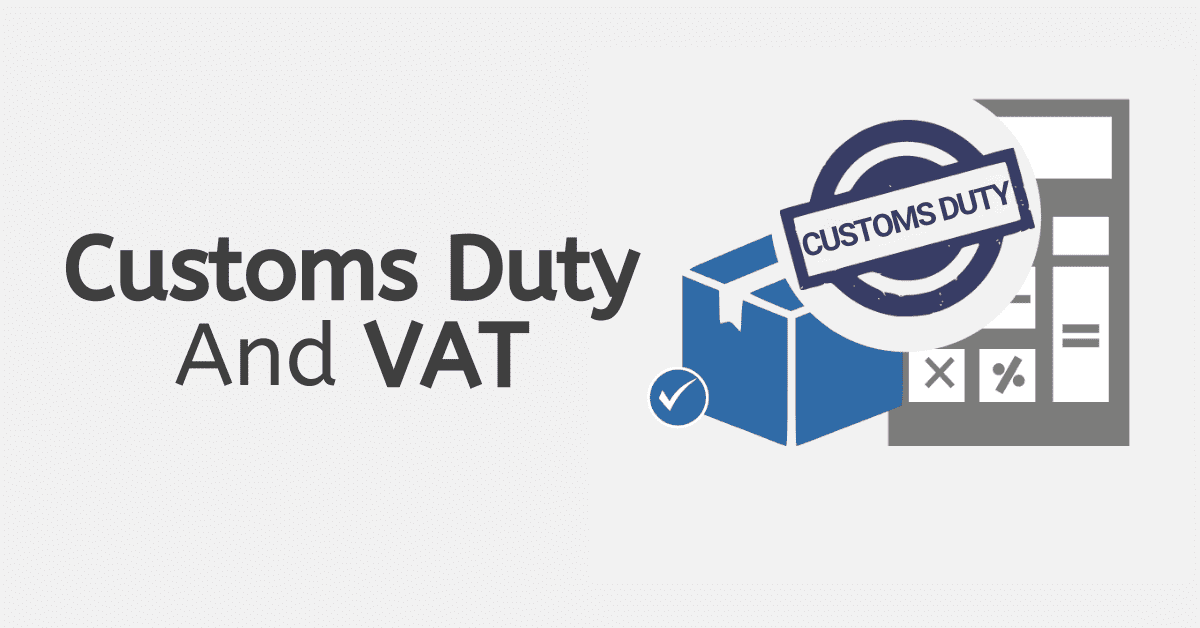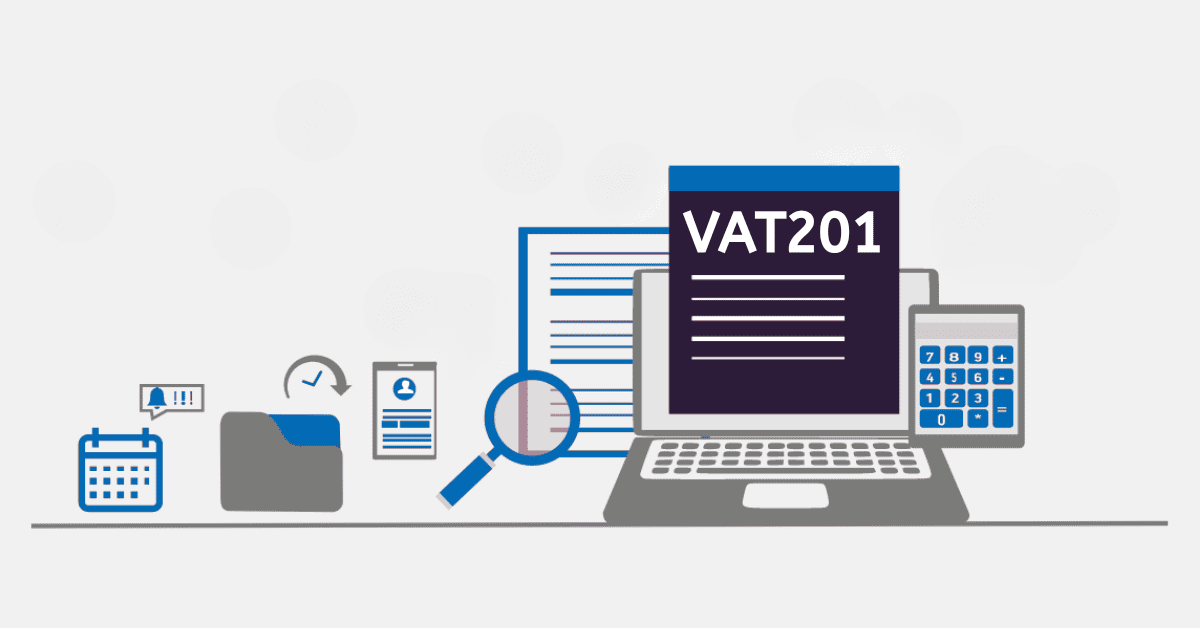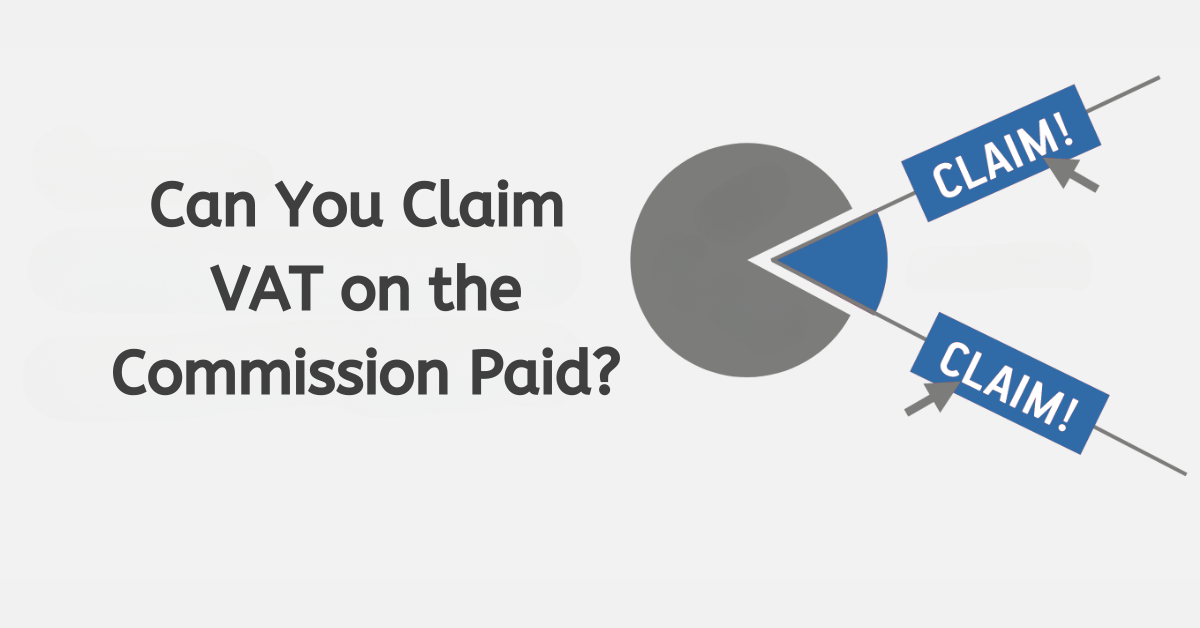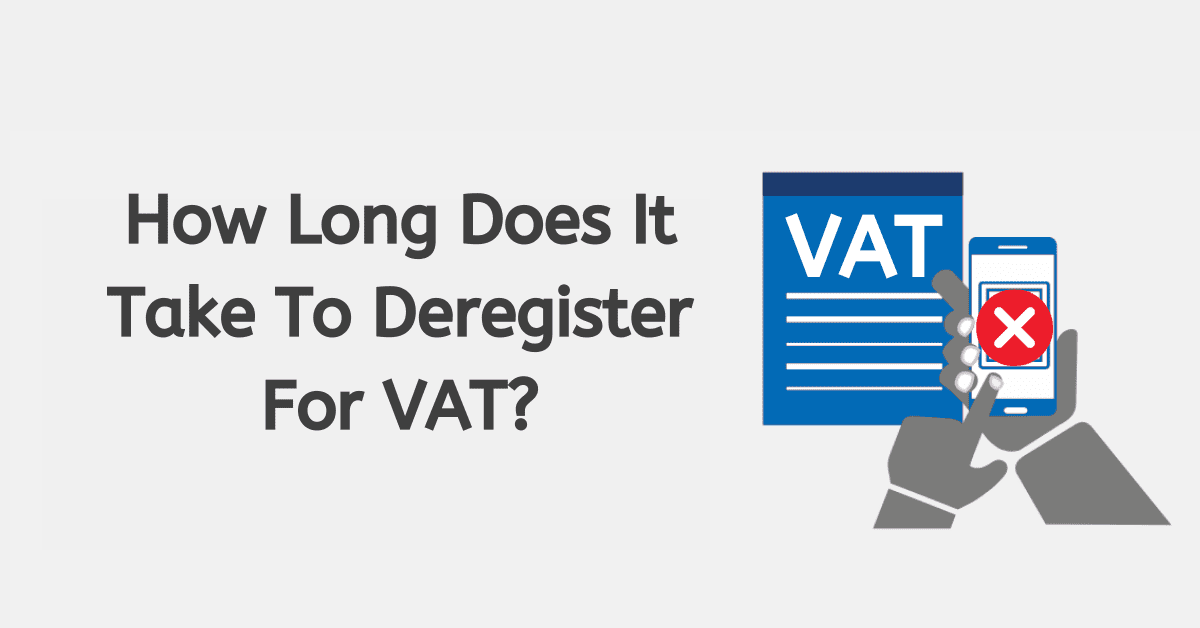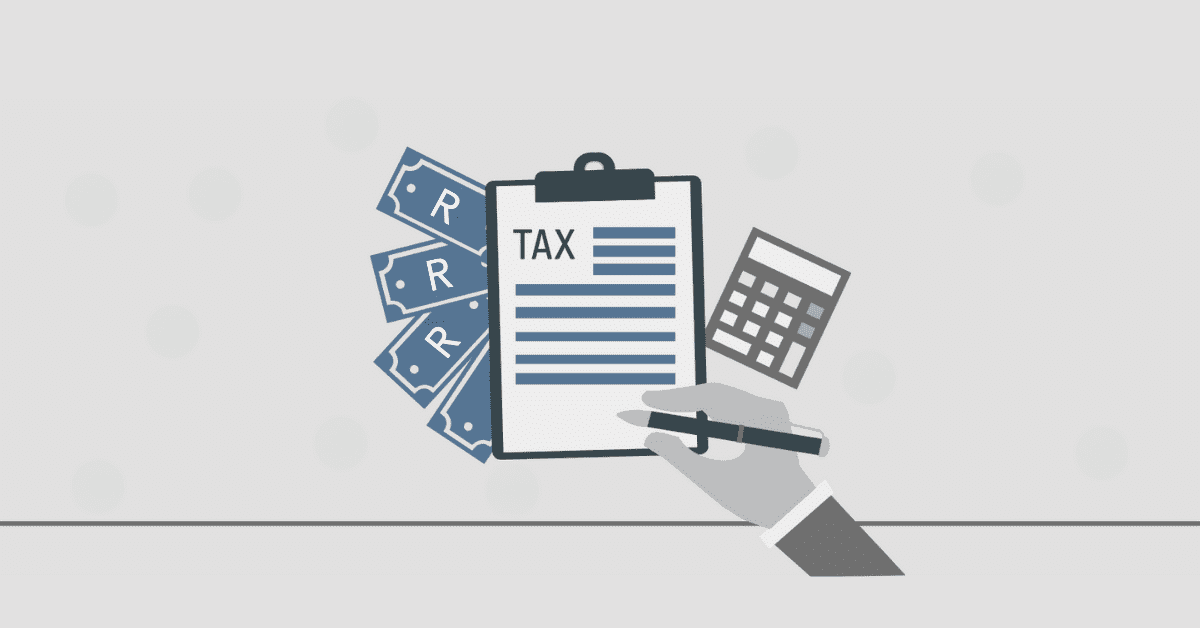VAT is charged on almost all goods and services in South Africa. To ensure the system works as intended, VAT should only be collected from the final purchaser of a product or service. This means that companies who qualify as VAT vendors can claim back any VAT they are charged in the process of making their goods or bringing their services to market. If they are charging users more VAT than they are charged, they will have to pay over VAT to SARS to account for this. Today we are looking further at this situation, and when a business is required to ‘pay VAT’, or rather, when they have to register as a VAT vendor
Who Qualifies To Pay VAT In South Africa
Technically, every South African pays VAT every time they are the end purchaser of a good or service. However, the concept of VAT is that it is only paid by the end user, and is moved down the supply chain until the end user is reached. VAT-registered companies can directly claim back the VAT they pay to suppliers, as an offset against the VAT they generate for users further down the chain.
However, businesses are not required to sign up for the additional admin involved as a VAT vendor until their taxable turnover is R1,000,000. Voluntary registration can occur after taxable turnover is R50,000.
Do Small Businesses Pay VAT In South Africa?
Many small businesses in South Africa do not pay VAT to SARS, as they do not meet the mandatory VAT threshold (currently R1,000,000 in taxable turnover in a consecutive 12-month period). Some small businesses choose to opt-in as VAT vendors before they meet the mandatory threshold, however, which they can do when their taxable turnover crosses the R50,000 mark.
Why opt in to pay VAT as a small business? VAT is designed to be levied on the end user, i.e. the final buyer of a product or service. However, the reality is that we all pay VAT on the goods and services we buy. Registered VAT vendors, however, can offset their ‘output VAT’ (the VAT they charge down the line) against their ‘input VAT’ (the VAT charged to them by members of their supply chain) and only pay if there’s a net positive, i.e. they charged more VAT than they paid. And they only pay over the difference instead of having to calculate VAT at each step.
If you are not a VAT vendor, then you are effectively treated as the end user, and simply absorb the VAT charged to you by suppliers in the process of making your goods or offering a service. Additionally, most large corporations which are VAT registered will only trade with other VAT vendors, so that they can claim their VAT inputs. So being registered as a VAT vendor lets you access tenders and suppliers who would not otherwise trade for you, and can result in VAT refunds if your inputs exceed your outputs.
What Is Exempted From VAT In South Africa?
You are exempt from registering for VAT in South Africa until your taxable turnover reaches R1,000,000 in a consecutive 12-month period. However, you can opt-in to VAT registration to leverage its benefits any time after you meet the voluntary threshold, which is currently R50,000 in taxable turnover in a consecutive 12-month period.
To be completely exempt from VAT, however, you must either meet the SARS requirements for a VAT-exempt company or only handle VAT-exempt goods and services. Remember that these are not the same as zero-rated VAT goods and services!
These are the typical VAT-exempt businesses in South Africa:
- Public Benefit Organizations,
- Small Business Funding Entities,
- Recreational Clubs,
- Homeowners Associations, and
- Government-Owned Institutions and Public Institutions.
While these goods and services are also counted as VAT-exempt:
- Certain non-fee-carrying financial services,
- Educational services offered through approved, registered entities,
- Residential rental accommodation, and
- Public road or rail transport.
To be truly VAT-exempt, you would need to only operate in these spaces. If you offer goods and services that are not VAT-exempt as well, you would need to register for VAT for them, but your VAT-exempt items will not be counted.
How Much Must A Business Make To Pay Tax In South Africa?
In South Africa, the amount a business must make to be liable for income tax depends on its annual taxable income as well as the type of company being operated. Remember that sole proprietorships and partnerships are not handled as true ‘companies’, i.e. separate entities under the law. Instead, in these business types, the individual owner(s) is/are still taxed as ‘themselves’, and so their total taxable income will be taxed according to their personal income tax rate.
This means they will pay tax on any income, their business included, once they pass the R95,750 tax threshold. These thresholds are updated annually, so pay careful attention. Also, keep in mind that this is based on income from all sources, so could include things like a side gig or rental income, not just that from a single business.
If you are operating a business that counts as a separate legal entity instead, most notably PTY LTDs in South Africa, other income sources will not be considered for tax purposes- only the income of the business itself. Again, there is a tax threshold for consideration. Currently this lies at R95,751 for companies that count as Small Business Corporations (SBCs).
Figuring out if you qualify to pay VAT in South Africa can be a tricky process, but it is the first step to ensuring you remain fully tax-compliant across all South African tax types. Hopefully, you now feel a lot more secure about whether or not you need to pay VAT!
